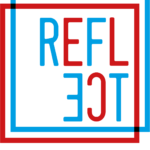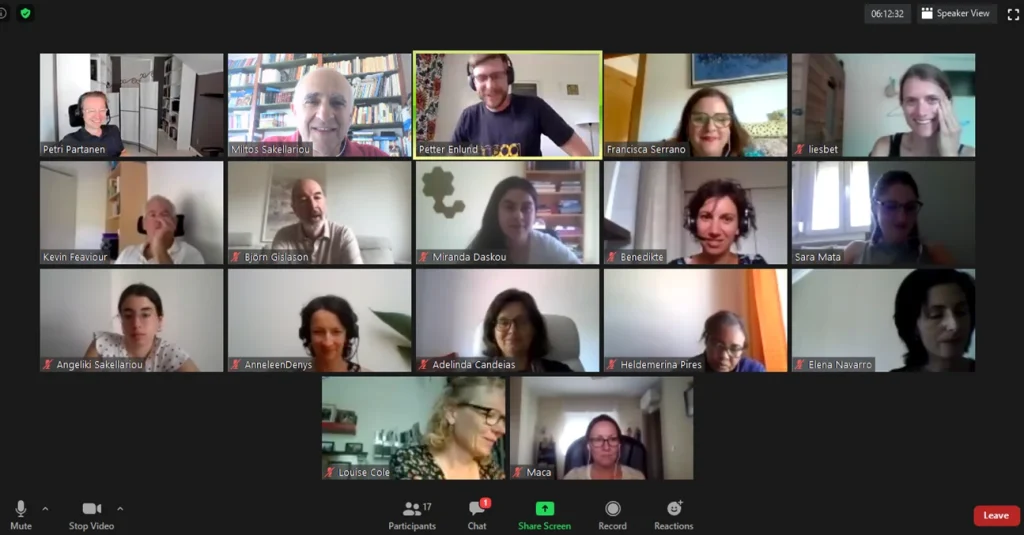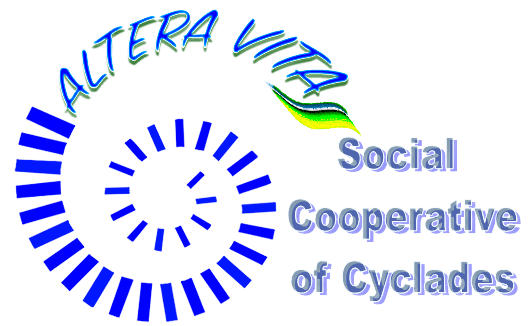

2019-2022
A key challenge for 21st-century schools involves teaching culturally diverse pupils with varied abilities and motivation for learning. Teachers need tools to help them deal with this diversity and offer all pupils high-quality inclusive learning. Schools play an important role by fostering not only the cognitive development of pupils but also their social and emotional development. Yet, experience shows that schools still struggle when dealing with pupils who lack social and emotional skills and executive functioning (EF). Pupils who have poor EF are often missing out or leaving school early and at risk for developing emotional and behavioural problems. Research indicates that interventions on social and emotional learning (SEL) and executive functioning in schools have a positive impact on social-emotional skills, connection to the school, positive social behaviour, academic achievement, social inclusion and reduce conduct problems and emotional distress.
We know that children, specifically those with special educational needs, benefit from effective evidence-based teaching strategies to maximize their learning capacities. According to research, training SEL and EF is more effective when empowering the context of pupils (teachers, parents) to integrate these actions into their daily routine. However, these programs often focus on specific aspects of SEL or EF and are given by specialists (often in a therapeutic setting). As a consequence the lasting effect – once the program comes to an end– is minimal. Therefore, there is a need for developing strategies for teachers and parents to promote the SEL and EF of children that can be easily incorporated into the daily practice.
In the REFLECT-project we aim to promote children’s social, emotional and academic engagement and growth by offering evidence-based strategies to enhance SEL and EF in daily practice.
Ultimately we aim to decrease the risk of social exclusion and improve pupil’s academic performance by enhancing the awareness of the importance of SEL and EF and empowering pupils and their context. We will do this by targeting teachers, parents and pupils. The age range of 8 to 12 years will be our focus because that age is crucial for interventions on SEL and EF. We will develop a list of cross-cultural criteria that are essential for an evidence-based intervention on SEL and EF. Based on the literature review we will create a compendium of essential evidence-based components for enhancing SEL and EF. This compendium will be translated into a cross-national course for teachers (and their support system staff). The same teacher course will be implemented in all the countries with at least five school teams participating per country. The impact of the course will be evaluated through self-report questionnaires. Furthermore, we want to empower pupils, teachers and parents by creating an app with tips and tricks about SEL and EF. The result will be an easy to implement evidence-based toolbox to promote SEL and EF at different levels, that will be cross-cultural and easily transferable to other users (teachers, parents, pupils)and other countries.
Partners
- TOPUNT GENT Belgium
- UNIVERSIDAD DE GRANADA Spain
- UNIVERSIDADE DE EVORA Portugal
- ALTERA VITA- Social Cooperative Enterprise of Cyclades Greece
- Skolutvecklarna Sverige AB Sweden
- Imagine If Partnership Ltd United Kingdom

Studies show that sustained and well-integrated social and emotional learning (SEL) programs can help schools engage their students and improve achievement. Explore the classroom practices that make up the best and most effective SEL programs
Skills That Matter
Skills That Matter, Across Cultures Extensive research shows a correlation between the skills taught in SEL programs and academic achievement, positive behavior, and healthier life choices.
Practical Strategies for Teaching Social Emotional Skills
Highlights strategies and approaches that early childhood personnel and families can use to systematically target social-emotional supports that build young children’s skills in a variety of areas including making friends, problem-solving, asking an adult for help, talking about feelings, and managing their emotions.
WHAT IS: Emotional Education
Traditionally, education focuses on three R’s: reading, writing, and arithmetic. But in order to become happy and caring individuals, those skills are not enough. Increasingly, there’s also attention to ’soft skills’, most often called social-emotional learning, or SEL. SEL is the process through which students acquire and apply the knowledge, attitudes, and skills necessary to – understand and manage emotions (self-awareness) – set and achieve positive goals (self-management) – feel and show empathy to others (social awareness) – establish and maintain positive relationships (relationship skills) – make responsible decisions.
Online due to Covid-19!


